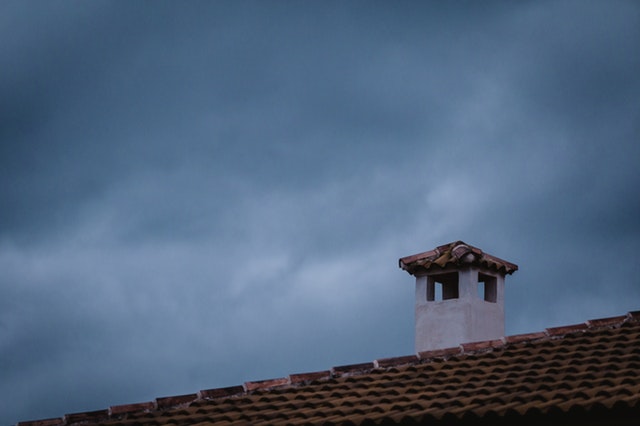 Chimneys are as old as homes themselves. Yet, when it comes to chores, cleaning the chimney is one of the most neglected tasks. While people often think about yard work and housework, they often forget to clean the chimney.
Chimneys are as old as homes themselves. Yet, when it comes to chores, cleaning the chimney is one of the most neglected tasks. While people often think about yard work and housework, they often forget to clean the chimney.
When someone neglects to clean the chimney, they risk the development of mold. This can influence the efficiency of the chimney, causing debris to back up into the home. For this reason, it is essential for people to clean their chimneys on a regular schedule.
Make Sure To Inspect The Chimney Properly
Chimneys are used seasonally. When the temperature starts to drop outside, people are going to start up the fireplace and use the chimney. Prior to lighting up the chimney for the next season, it is important to make sure they are properly inspected.
Cleaning grout and mold is an important part of making sure the chimney works properly. When someone is cozied up in front of the fireplace, it is important to note that there is an active fire happening. About 25,00 fires per year start due to an issue with the chimney. Make sure that all routine maintenance has been performed on the chimney for that year before firing it up.
Why Clean the Chimney In The First Place?
When it comes to fires, safety should always come first. This the biggest reason why chimneys need to be thoroughly cleaned. When someone cleans the chimney, they are working to prevent home fires.
The more people use the fireplace, the more soot is going to build up in the chimney. The end result is flammable substances backing up in the chimney. This can be dangerous because it might lead to a fire when people least expect it. To prevent this from happening, be sure to clean the chimney on a regular basis.
How Often Should A Chimney Be Cleaned?
At a minimum, it is important to clean the chimney at least once per year. Annual maintenance on the chimney should be a readily accepted part of owning a home. This includes both cleaning the chimney and inspecting it for any structural flaws.
Some people may want to clean the chimney themselves. This is acceptable; however, it is also recommended to have a professional come in and take a look at the chimney. An extra set of eyes on the chimney may help prevent a fire from breaking out in the future.
If you are in the market for a new home or interested in listing your current property, be sure to contact your trusted real estate professional.
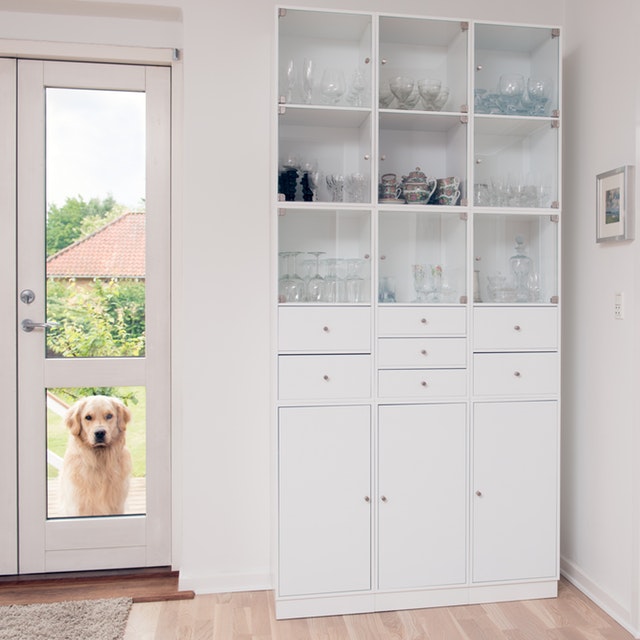 Did you realize that only around 17 percent of the homes in the United States have a security system? Leaving your residence unprotected can come back to haunt you in the future.
Did you realize that only around 17 percent of the homes in the United States have a security system? Leaving your residence unprotected can come back to haunt you in the future. You are supposed to feel safe in your own home; however, accidents can happen and there are plenty of hidden dangers that might land someone in the hospital. It is important for you to understand the common household dangers. Knowledge is power and you can take steps to prevent these issues from arising.
You are supposed to feel safe in your own home; however, accidents can happen and there are plenty of hidden dangers that might land someone in the hospital. It is important for you to understand the common household dangers. Knowledge is power and you can take steps to prevent these issues from arising. 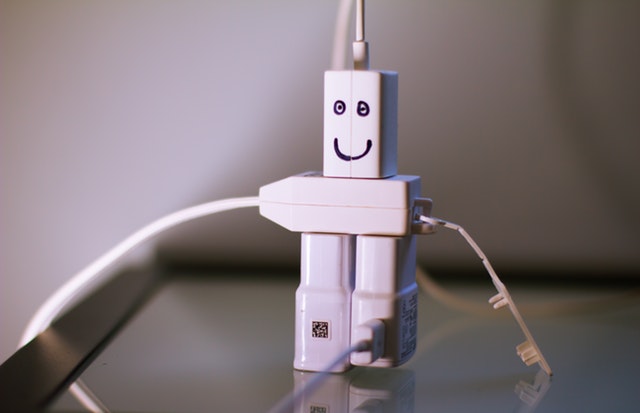 Electricity plays an important role in your home. It helps keep you warm, allows you to cook meals, and brightens up the interior of your house. At the same time, electricity is a common hazard.
Electricity plays an important role in your home. It helps keep you warm, allows you to cook meals, and brightens up the interior of your house. At the same time, electricity is a common hazard.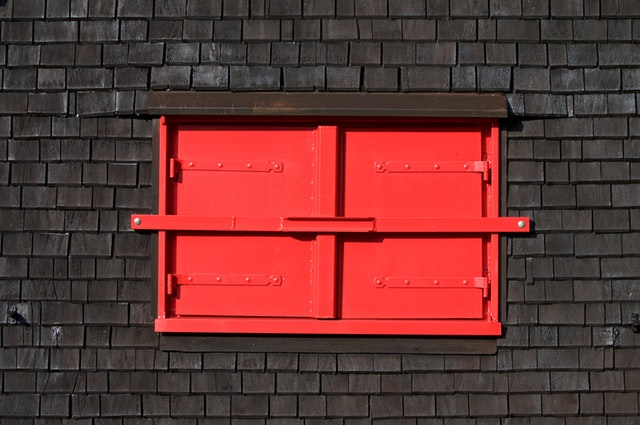 The recent total devastation of the Bahamas by hurricane Dorian reinforced the need for hurricane-proof homes in areas that are subject to this risk. Building codes have not kept up with the increasing severity of the weather.
The recent total devastation of the Bahamas by hurricane Dorian reinforced the need for hurricane-proof homes in areas that are subject to this risk. Building codes have not kept up with the increasing severity of the weather. It’s more likely that someone will incur an injury on moving day than on an ordinary day. The reason is that people are moving in ways that they don’t normally move, loads can be heavy, and accidents do happen. However, most injuries on moving day can be prevented by taking a few simple precautions.
It’s more likely that someone will incur an injury on moving day than on an ordinary day. The reason is that people are moving in ways that they don’t normally move, loads can be heavy, and accidents do happen. However, most injuries on moving day can be prevented by taking a few simple precautions.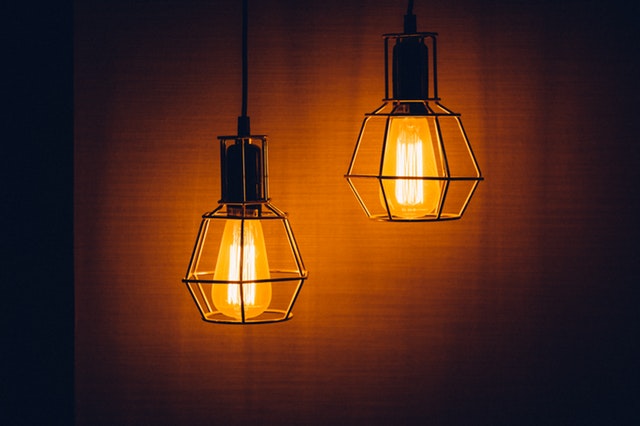 Many people associate the fall months with cooler temperatures and changing colors. But another defining characteristic of fall is that the days become shorter. Yes, there’s limited daylight, as the sun rises later and sets earlier.
Many people associate the fall months with cooler temperatures and changing colors. But another defining characteristic of fall is that the days become shorter. Yes, there’s limited daylight, as the sun rises later and sets earlier.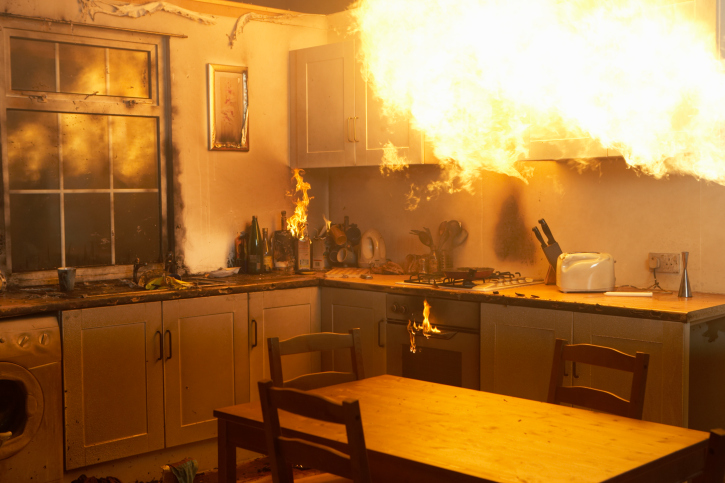 House fires can break out for a wide range of reasons, and these include everything from grease fires while cooking in the kitchen to lightning striking the home. They can cause a significant amount of property damage as well as personal injury or even loss of life, so preventing them and knowing how to properly respond if a fire does break out are important. Whether buying a new home or residing in an existing home, everyone can benefit from learning more about fire safety rules.
House fires can break out for a wide range of reasons, and these include everything from grease fires while cooking in the kitchen to lightning striking the home. They can cause a significant amount of property damage as well as personal injury or even loss of life, so preventing them and knowing how to properly respond if a fire does break out are important. Whether buying a new home or residing in an existing home, everyone can benefit from learning more about fire safety rules.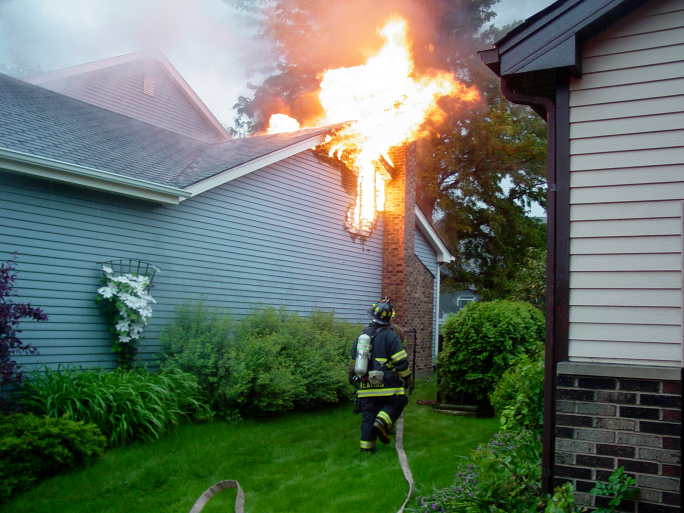 A fire can rage through your home at a moment’s notice, and it can cause a significant amount of damage in a very short period of time. Damage from the flames, intense heat, smoke and soot can cause tens of thousands of dollars or more in some cases, and a severe fire event can result in a total loss for the homeowner. More than that, a fire can create a serious health and safety risk for you and your loved ones inside the home. If you are concerned about how safe your home is from a fire, consider a few important points.
A fire can rage through your home at a moment’s notice, and it can cause a significant amount of damage in a very short period of time. Damage from the flames, intense heat, smoke and soot can cause tens of thousands of dollars or more in some cases, and a severe fire event can result in a total loss for the homeowner. More than that, a fire can create a serious health and safety risk for you and your loved ones inside the home. If you are concerned about how safe your home is from a fire, consider a few important points.